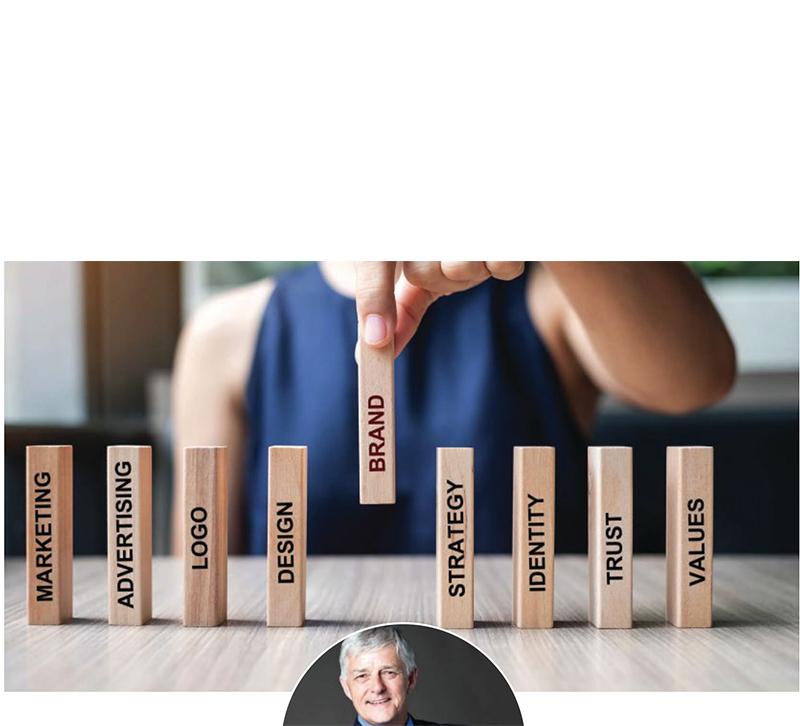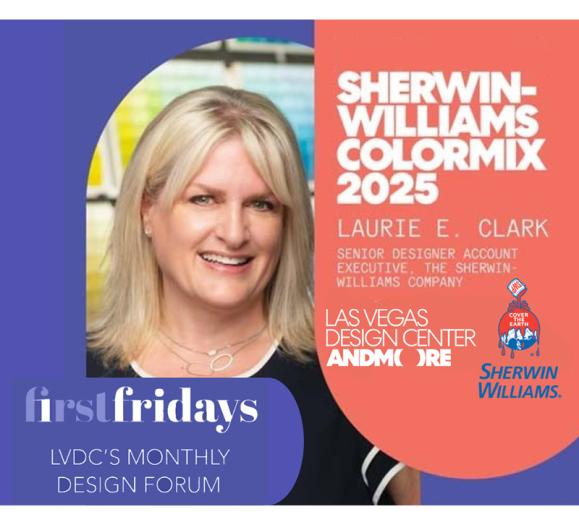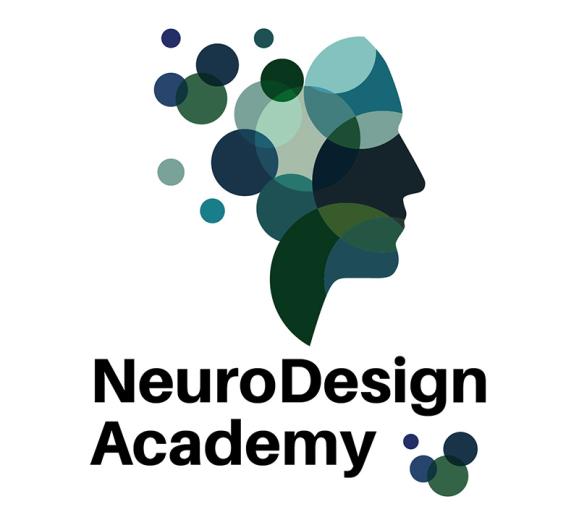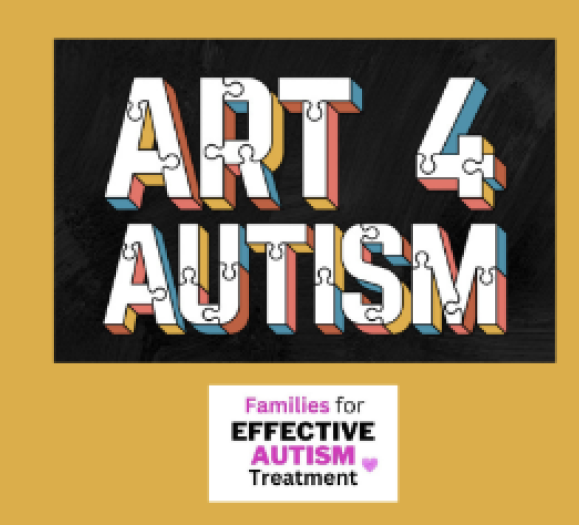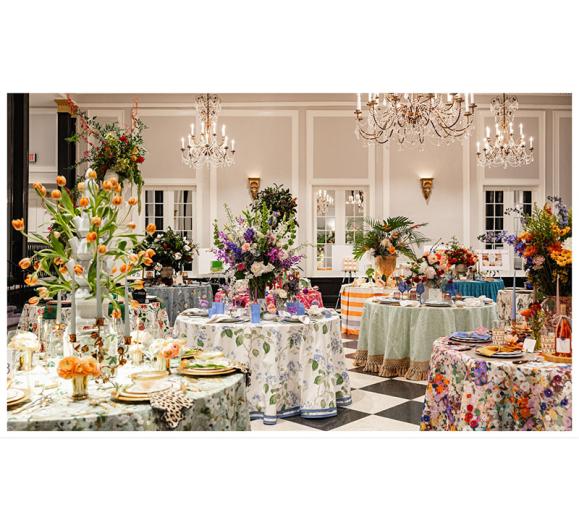What's Your Brand Identity?
Are you a brand? Do you think of yourself that way? We live in a world of brands. They surround us. They influence us. We don’t drive cars; we drive BMWs. We don’t stop for coffee; we stop for Starbucks. You don’t have a glass of water; you’ll sip an Evian, a Perrier or maybe a Fiji. If the world can find a way to brand water, just imagine what you can do to brand your particular talents and vision.
Imagine what it must be like to be a non-brand in a world of brands. Which begs the question, what makes you special? Are you a brand?
Let’s take a look at this phenomena called branding. Who is your best friend? Now put that person in your mind’s eye and ask yourself why this person is your best friend. When we do this exercise at our brand seminars, we usually hear: ”I trust her.” “We have things in common.” “He’s dependable and always there for me.” “We value the same things.” Words like trust, value and dependable are intangible, emotional and relationship-based, and they are the foundation of brand marketing.
What Constitutes Brand Identity?
A brand is taking that emotional, relationship-based phenomena and making it your business identity. If it lacks a definable identity, it isn’t really a brand. A significant misconception is that your logo is your brand. A logo is NOT a brand. A logo is a symbol and represents only one narrow aspect of branding. Understanding the true depth of your brand takes identifying how your business is perceived in the marketplace. Brands live in the minds of the folks who interact with them.
It’s important that a design business look deep inside itself to examine core values and consider the DNA that drives its existence. A brand is a differentiator and, in many instances, is a license to charge a premium for services rendered. This is the reason that 75 percent of products sold at supermarkets at a 50 percent premium are branded and not their generic counterparts. Imagine being able to charge 40 to 50 percent more for your designs just by being a clearly defined brand.
Brand identity defines a relationship between brand and client. It presents a clear value that includes the product, service and relationship. It’s important to correlate your own beliefs with your client’s perception. Do they agree with your personal brand description?
In soliciting opinions from clients of the designers we coach, we find that their clients see them as providing more benefits than the designers realize. Asking the right questions will solicit the kind of emotional and relationship-based opinions that are valuable to your brand identification and future marketing efforts. For example, in the last several months we have worked with designers we have identified from their clients’ input as:
- a designer who relates well with the 40ish cool, sophisticated client;
- a designer who has a unique talent for custom lighting with basic, solid family-driven values;
- a designer with strong connections to a unique ethnic group’s values; and
- a design team with the ability to see the life journey of design in a home.
In every case, the data was so compelling, hourly rates increased significantly and the marketing process was simplified. (More on these case studies in March). Your identity provides purpose, direction and meaning for you in the work you do. Now, ask yourself: What are my core values? What do I stand for? How do I want to be perceived? What are the most significant relationships in my life? The answers apply when defining your brand. Just as important: Will your clients agree with you?
Branding for Business Success
Not everyone takes time to invest in learning why branding is important to business success. Our company is currently working with a high-level design firm in Charlotte. In studying their competition, we find too many commonalities. Virtually everyone uses phrases like “We pride ourselves,” “Our team is dedicated,” “We have served the design community for X years.” Their portfolios show project photos. Unfortunately, any of these photos could be interchanged regardless of whose site it is.
These companies talk about themselves and what they do rather than who they are and how they relate to their clients. This becomes a unique opportunity for our Charlotte client.
Take a look at your competitive set — why and how do you distinguish your brand?
We push our clients to ask and answer challenging questions. It’s important to periodically stop and do a check on where we are in our business. Knowing who you are as a brand personality encourages confidence and frees you to grow into your vision. Separate yourself, distinguish yourself, and watch how fast you can flourish.
In next month’s Design Coaching Corner, we’ll talk about marketing your brand once you’ve identified it, and thoughts on website development and the digital tools needed to market yourself effectively. Stay tuned!



